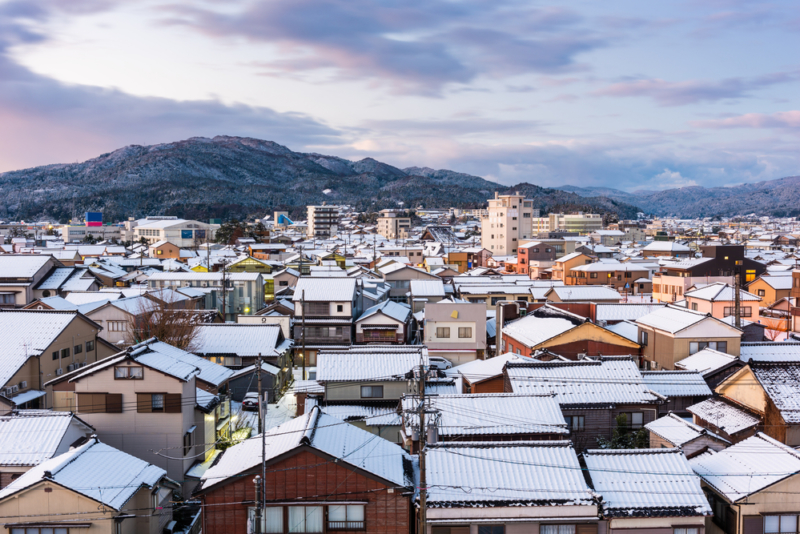Table of Contents
Welcome to the “Inaka” (Countryside)

There’s more to Japan than just the cities. Although a hard majority of the country lives in urban areas (and over 30% of those people are in Tokyo alone!), a lot of those urban areas end up being small cities in the countryside. These are cities of 100,000 to 200,000 people, dense at the core but only several kilometers from rice farms and forested mountains. Going further out from them, you’ll find small towns and hamlets. These are communities with 50,000 or less people who all live close together in residential clusters interspersed with agriculture and thickets of trees. For a lot of people, this is Japan.
Many who come to Japan do so imagining life in Tokyo without considering these many small towns and cities. Life in these small towns is different from life in the big city, but this is often for the better, as countryside life comes with many unique advantages that many don’t realize exist. As an American English teacher working at a Japanese school in the countryside, I can talk to these benefits. Through looking at a day in my life, we can uncover many of the hidden charms the Japanese countryside has to offer.
Who Am I?
The name’s Joe, I’m an Assistant Language Teacher who works in the countryside area of a midsized prefecture in Kanto. I teach classes and assist English teachers at three prefectural high schools. My job is full-time, and for the most part, I switch between planning lessons in the teacher’s office and teaching students in the classroom. It’s a fairly relaxed job in a fairly relaxed area of the country.
How Did I End Up in The Countryside?
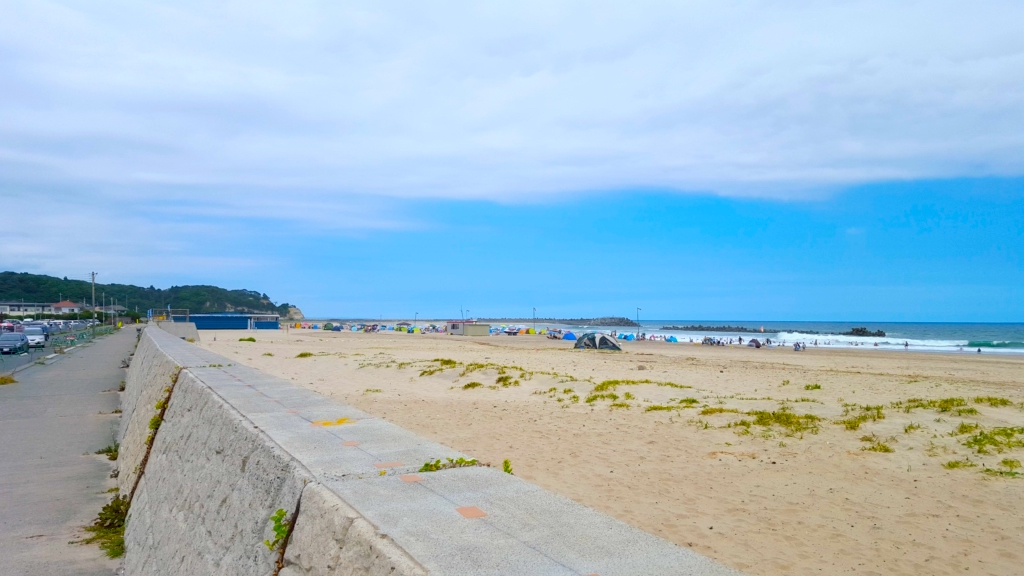
Like most people who come to Japan to teach English, I didn’t have much of a say in where I eventually ended up. My program allowed its participants to name their top three locations in Japan, with the heavy implication that the requests were very much secondary to the program’s priorities. Request Tokyo as much as you want, there are only so many spots in the city while there are thousands elsewhere. Personally, I didn’t put down any particular requests as I was happy to be placed anywhere in the country.
What Are The Good Things About The Countryside?
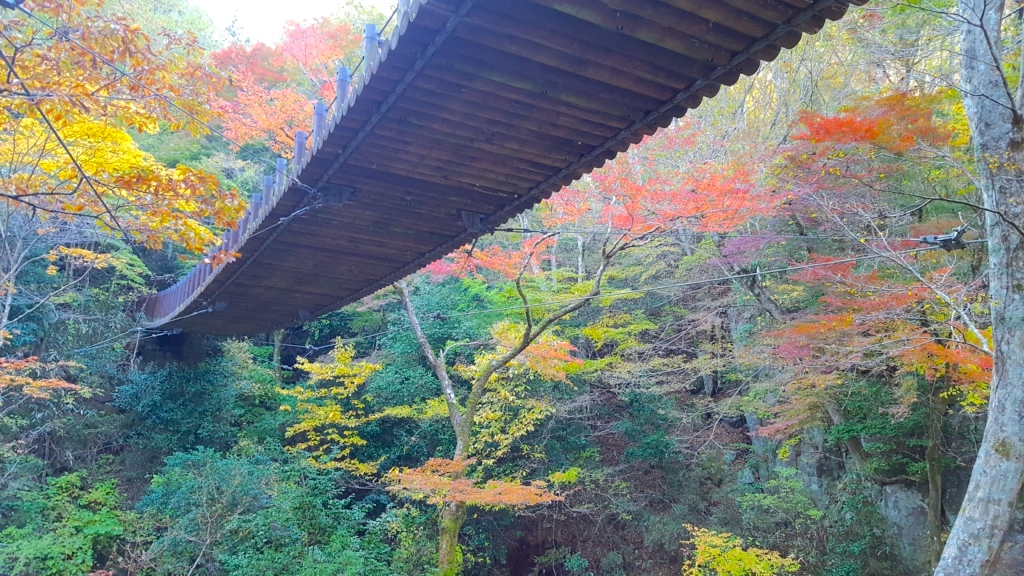
I was quite happy to be placed in the countryside. Having grown up in suburbia, I lived very close to a major metropolitan area in America. I’ve never really lived anywhere where I wasn’t surrounded by people. Ever since then though, I’ve found more and more to love about living in the countryside. Here are the things that stand out to me the most.
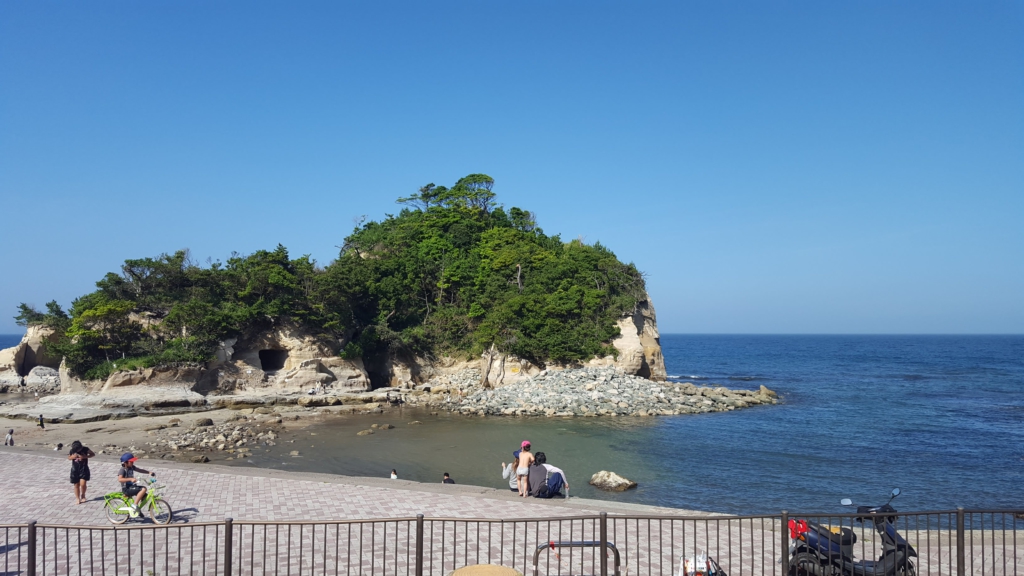
- It’s close to nature. The biggest positive of living in the countryside is closeness to the natural world. I live five minutes from an extremely wide and open beach, where I can relax and swim a good portion of the year. A thirty-minute bike-ride takes me into the mountains, with lush Japanese forests, fresh air, and cool shade during the summer. Walking to and from work I am surrounded by trees and the occasional farm field full of crops. Even looking out my work window now I see forest, a collection of picturesque redwood pines and the ubiquitous Japanese cedar. If green makes you happy, the countryside makes you happy.
On a similar note, while this may depend on where you come from, being in the countryside in Japan doesn’t usually mean being surrounded by farms. While it is true most farming is done in the countryside, Japan’s topography is poorly suited for large-scale farming. Countryside towns are therefore often dense affairs broken up by small tracts of farms with forests in between. Being in the countryside is more about being close to nature than to agriculture.
- It’s quiet. In tandem with nature, as a close friend who visited me once remarked, the countryside is quiet. In summer the drone of the cicadas and other insects will be your background music, with the sounds of traffic and rail pushed to the periphery. During particular windy or stormy periods, the roar of the ocean will dominate, filling the air with a soothing sound and the smell of salt. At all other periods though, there is room for thought. No one talking, no cars driving by, just you and the world. It’s a lovely break from the continual human presence that is urban living.
- It’s cheap. Japan is an expensive country, and the cities are exemplary in that regard. Rent, food, transportation will all set you back and eat into your salary. In the countryside, however, the purchasing power of your salary increases immensely. With little competition for housing, the apartments you rent will cost half as much as their city equivalent while also being generally newer, nicer, and bigger. As you will be living close to where food is produced, prices drop and bulk sizes increase (and as a bonus it’s also much fresher!) If you like disposable income, the countryside is the place for you!
What Do I Like Specifically About Where I Live?

Besides the rather broad strokes above, my city is quite lovely for a number of unique reasons. I consider it an “urban-rural” area, which might seem a bit strange but it makes sense in context. My city (like a lot of Japanese countryside cities) is serviced by a main rail line. What this means is even though I live out in the countryside, I’m about a half-hour away from my prefectural capital of 200,000 people and all its urban amenities. It also means that if I pay for the express train I can visit Tokyo in less than an hour and a half. Essentially, I live where it’s quiet, but I’m not cut off from the urban world. When I want to I can easily dip my toes into both; I get to have my cake and eat it too.
Along with easy access to urban areas, I also still get most of the big city amenities. Amazon and other websites deliver next day, I have an affordable high-speed internet connection, and there’s a variety of great restaurants and shopping is within easy reach. The countryside has everything you need to live a modern life.
Finally, although my city is small, it isn’t tiny. This means that although there are not many people around, at the same time, there are still plenty of people to interact with. It’s the perfect size where I can run into people I know quite often while at the same time blend into the background when needed. The sort of population where festivals feel like both an impromptu meetup with friends and an opportunity to meet new people. Since the population is low, social networks are tight and relationships strong. Make one friend and you suddenly find yourself with an entire web of friends.
What Is My House Like?

I’ve rented two apartments since I’ve arrived in my countryside town. The first I lived in for three years, and the second for about a year and a half.
My first apartment was an older building, built in the ’70s presumably during my town’s boom-era. It didn’t show much age though. All the floors were hardwood, I didn’t have a washitsu (a Japanese room with tatami), and I had plenty of space. I had three rooms of about equal size, each being a rough square: one dedicated kitchen and dining area, one living room, and one bedroom. Attached to the kitchen I had a shower, toilet, and laundry area. On the far side, past a sliding glass door, I also had a balcony with a view over the city and room to hang my clothes. I had the living space of several single Japanese apartments combined into one for only about 50,000 yen a month. A steal, basically.
My second apartment is in a building that is about twenty years old but with a renovated interior that was, at the time I first started to rent it, less than a year old. I get a modern toilet, new hardwood floors, a built-in stovetop, and a massive balcony with two air conditioners (one for the living room and one for the bedroom.) Along with this, and unusually so for Japanese apartments, I have a ton of floor space, over 70sq meters despite it being the same layout as my previous apartment. All of this for only 60,000 yen a month is what I like to call peak countryside. It’s cheap, big, and very modern. In comparison, most city apartments at a similar price are far older and out-of-repair.
What’s My Daily Routine?

During the workweek, I switch between teaching at three different schools. On Mondays, Wednesdays, and Fridays I work at my main school, located in my town. On Tuesdays and Thursdays, I visit schools in other towns, a bit further away. This changes my daily routine slightly.
- Mondays, Wednesday, Fridays
- 6:00-30 a.m. Wake up: This usually gives me about an hour to shower, eat breakfast, and make lunch. I don’t like relying on instant food and with the countryside produce being so fresh I cook/prepare all three of my meals on a daily basis.
- 7:50 a.m. Leave for work: As my main school is nearby, I commute by walking. Using a couple of quiet countryside streets, it takes about 15-minutes and I arrive around 8:10 a.m. This gives me enough time to sit down and prepare for the morning meeting at 8:25 a.m.
- Tuesdays, Thursdays
- 5:30-6:00 a.m. Wake up: On these days I need to push back my alarm by about 30 minutes in order to account for my longer commute.
- 7:00 a.m. Leave for work: I need to ride the train in order to commute to my visit schools. This takes about 30 minutes. After the train, just like my main school, I then walk about 15 minutes and arrive at work around 8:00 a.m.
- After work: Work ends at 4:15 p.m., and I usually go straight home. Oftentimes I’ll drop by the supermarket or the grocery store on the way home, as both are within walking distance of my apartment. On Mondays, at around 6:00 p.m., I volunteer at my local community center, teaching English to senior citizens.
What Do I Do In My Free Time?
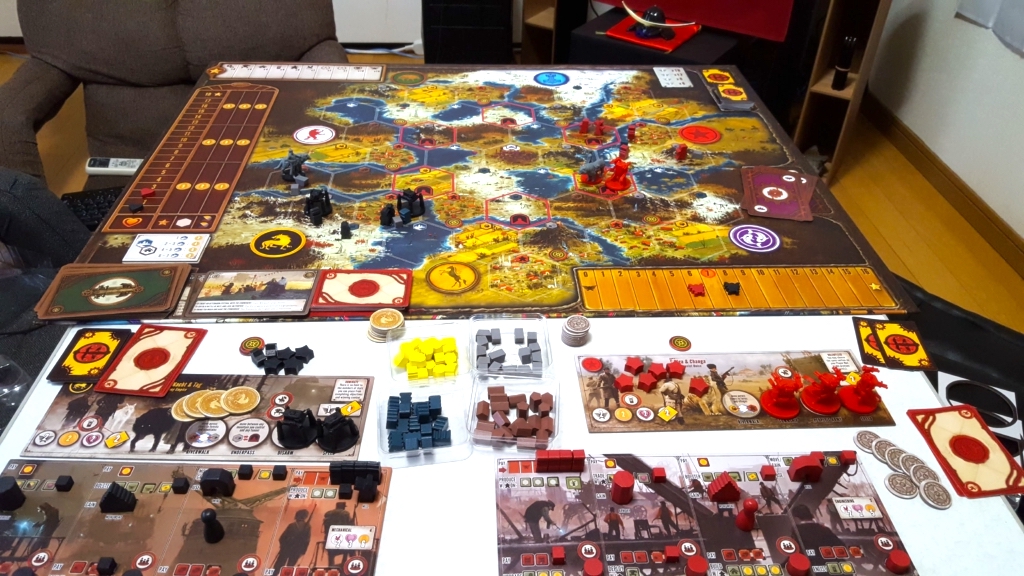
Hobbies and socializing! I enjoy collecting a variety of different hobbies, so no matter what’s going on I usually have some sort of project I’m working on. From biking to 3D printing, board games to DnD, camping to Japanese archery, there’s always something to do! During the work week, for the most part, I tend to go home and relax/do hobbies. Usually once or twice during the work week I’ll visit friends, either to grab dinner at our favorite local curry place or to go to one of our apartments. The weekend on the other hand is for hanging out, whether or not it’s a camping trip in the woods, a board game session at a cafe, or a cooking party, I spend it doing shared hobbies with friends. Being on a train-line means most everyone is in easy reach and getting people together is never a problem.
Who Do I Spend My Free Time With?

Friends, almost always. Making friends of course comes different to everyone, but it’s almost always a matter or just meeting people who introduce you to more people. Most people who come over to Japan will do so through a program or a company which already sets you up with a decently sized social circle. They’re the easiest to reach out to and hang out with. Beyond them, it’s a matter of getting involved in your community. Go to festivals, do events, sign up with the community center. In my second year, I taught a cooking class on traditional Jewish food. Through just that one event I can trace meeting a majority of my current Japanese friends. The rest came from visiting local restaurants/bars, the local Japanese class, and work.
Conclusion

Living in the countryside is great. From the Kanto plain to nestled mountain villages, life in the countryside is quiet, relaxing, and modern. Compared to urban life, living in the countryside nets you all the benefits of modern life with very little of the cost associated with cities. You also get fresher food, cleaner air, closer relationships, and the greenery and quiet required to understand it all. Living in the countryside in Japan isn’t just an experience, it is the experience.
If you want to give feedback on any of our articles, you have an idea that you’d really like to see come to life, or you just have a question on Japan, hit us up on our Facebook!
Title image: Joe Bryer
The information in this article is accurate at the time of publication.
